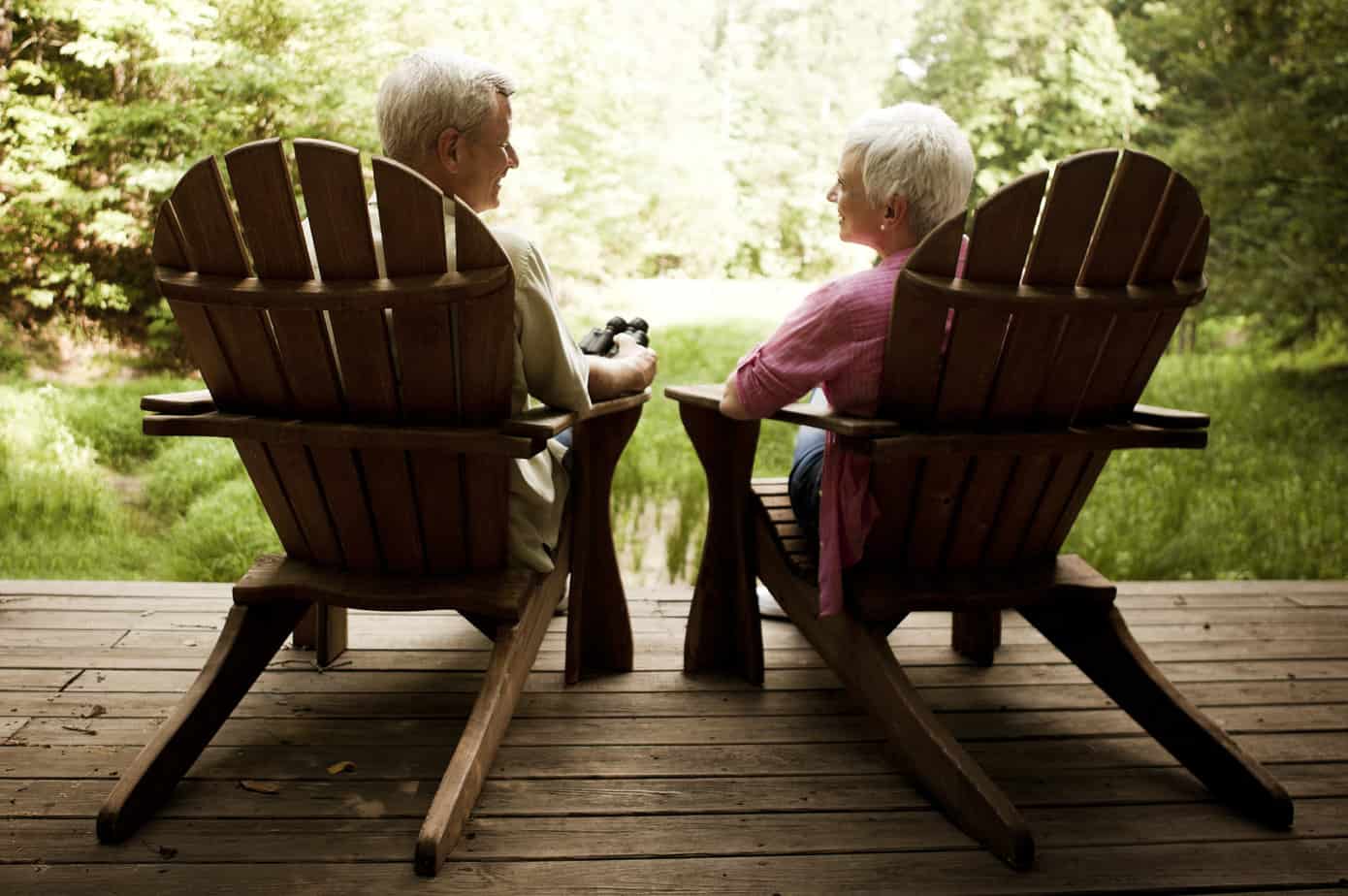When living in a world that is constantly on the go, it can be hard to slow down and take a break from the grind of everyday life. A growing trend known as “slow living” is gaining momentum, offering a more simplistic and relaxed approach to life. The slow living lifestyle is about reconnecting with nature, taking time to enjoy the little things, and focusing on the present moment.
History of the Slow Living Movement
Coined in the 1980s, slow living started in Italy when a group of activists rose up against the opening of a McDonald’s restaurant in Rome. The protest began in an effort to preserve local food traditions by encouraging people to cook from scratch using locally sourced ingredients. Their goal was to connect people to the food they eat, where it comes from, and how it is produced.
Now, this trend has morphed and spread to many areas of our lives including work, parenting, leisure, fitness, and fashion. All these movements share a common goal of slowing down the pace of modern life and embracing a more mindful, intentional approach to living.
What is Slow Living?
According to Forbes, busyness is actually a choice and some people wear it as a badge of honor. Over time, living nonstop can result in fatigue and burnout. This is where the slow living lifestyle comes in.
At its core, living slower promotes a shift in mindset towards mindfulness and being present in the moment. The movement emphasizes the importance of savoring and fully experiencing everyday activities, rather than rushing through them. Individuals can cultivate a deeper appreciation for the simple joys of life and develop a greater sense of balance.
Living slower often involves adopting sustainable and environmentally friendly practices. It encourages people to consume mindfully, choosing quality over quantity, and reducing waste. This includes practices such as buying local and organic produce, engaging in slow fashion (choosing durable, ethically made clothing), and minimizing unnecessary purchases.
Another aspect of slow living is prioritizing self-care and mental well-being. This can involve activities such as meditation, spending time in nature, practicing gratitude, and fostering meaningful connections with others. It encourages individuals to create space for relaxation, introspection, and self-reflection in their daily lives.
Mindfulness and Simplicity in Slow Living
Two of the main elements that make up slow living are mindfulness and simplicity. According to a study published in BMC Psychology, practicing mindfulness can lead to increased levels of positive emotions and decreased levels of negative emotions. The study found that participants who engaged in mindful breathing exercises reported greater feelings of happiness and satisfaction with their lives.
In addition to mindfulness, embracing simplicity is another important aspect of slow living. By simplifying our lives, we can reduce stress, increase productivity, and focus on what truly matters. This could involve decluttering our homes, simplifying our schedules, or even just taking a break from technology and social media.
One way to incorporate mindfulness and simplicity into our daily routines is through the practice of minimalism. Living minimally involves reducing our possessions and focusing on the things that bring us joy and add value to our lives.
How Can You Incorporate Slow Living into Your Daily Routine?
While the slow living trend might sound great, switching up your routine is challenging, and it takes practice and dedication to make a change. Keep in mind having a more relaxed lifestyle doesn’t mean doing everything in “slow motion,” rather it’s about getting things done at the right pace and conserving your energy.
Kristina Luce, Senior Wellness Coordinator, shares the best tips for taking your life in stride and becoming more mindful:
- Practice meditation or yoga – taking the time to slow down and focus on your breath can help set the tone for the day. You can also use this time to set an intention for the day or to take a few moments to center yourself and check in with your emotions.
- Prioritize daily rituals – set aside time to focus on tasks that are important to you, rather than allowing yourself to be pulled in different directions by distractions. You can create a schedule to make sure that you’re focusing your energy on the things that matter most. I.e. making coffee can be a slow and mindful practice in the morning to set my attention and energy in the right direction.
- Make time for yourself – take breaks throughout the day to just be and enjoy the moment. This can be as simple as taking a few minutes to sit in silence and appreciate the beauty of the world around you or it can be something more active, like going for a walk or taking a yoga class.
- Eat mindfully – take time to enjoy your meal and consider the ingredients and effort that went into preparing it. Eating slowly and mindfully can help you to enjoy your food more and to cultivate a deeper appreciation for the food on your plate.
- Practice gratitude – take the time to recognize the people, experiences, and things in your life that you are thankful for. Gratitude can help to shift our perspective and to make us more mindful of the blessings we have in our lives.
- Incorporate breathwork – mindful breathing exercises allow us to bring our attention away from the chaos and back to our priorities.
More people are beginning to embrace the idea of slow living in order to reduce stress levels and improve mental and emotional well-being. This lifestyle change provides more opportunities for physical activity and outdoor exploration. By embracing slow living, people can become more aware of their environment and build more meaningful connections with loved ones.
If you or a loved one is struggling with addiction, Mountainside can help.
Click here or call (888) 833-4676 to speak with one of our addiction treatment experts.

 By
By 







